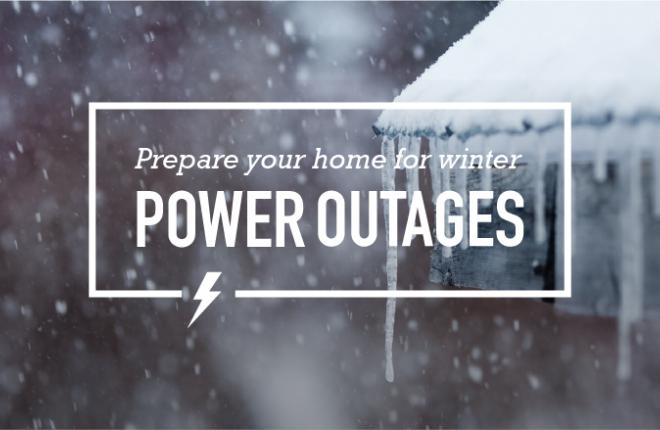
1/9/2021
Energy Saving Water Heaters
Conventional water heaters may be a thing of the past with the introduction of a variety of new energy-efficient water heaters. The type of water heater you choose will also affect your water heating costs. For example, an electric heat pump water heater is typically more energy-efficient than an electric conventional storage water heater.
Whether you are shopping around for a new energy-saving water heater, looking to replace an old one that just went out, or looking for the best model for a new house build, here are some tips to help you choose carefully.
Your local electric cooperative or public power district is a good resource to understand more about this technology and can potentially help answer questions on contractors, financing, and incentives for this energy-efficient option. Contact your co-op or public power district for more details.
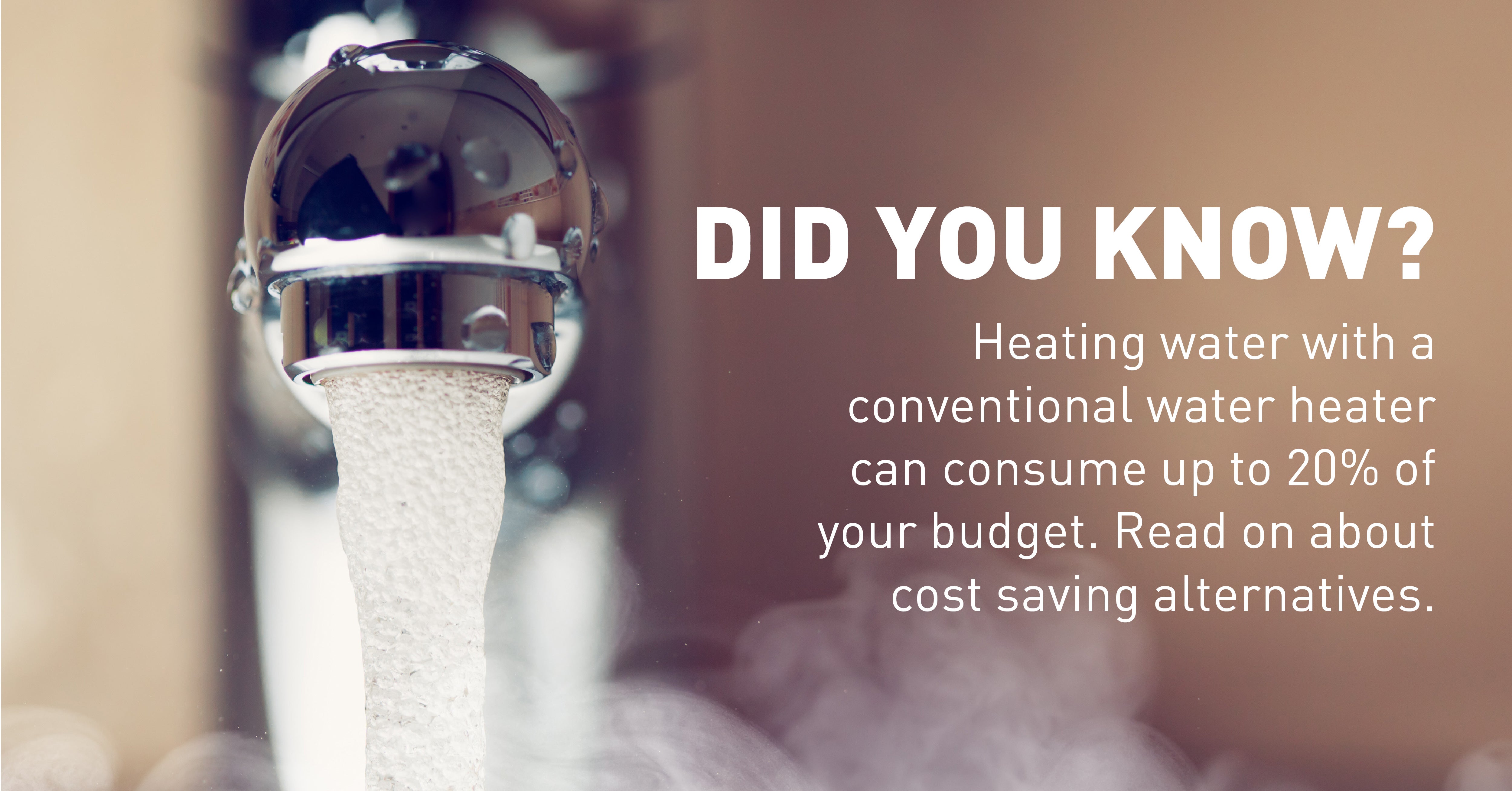
Types of Electric Water Heaters
-
Conventional storage water heaters
-
Tankless or on-demand water heaters
-
Heat pump water heaters
-
Solar water heaters
-
Tankless coil and indirect water heaters
Conventional water heaters are the most common, however, the cost of heating water can consume almost 20 percent of your household budget, not to mention what you’ll also spend on heating and cooling your home. Despite this expense, water heaters are not given much thought until they break, leaving you (and your guests) with no hot water and perhaps, a flooded basement.
With increasing federal regulation and new technology advances, we have more choices for energy-efficient water heaters.

Energy Efficient Water Heaters
Some of the most efficient water heaters are also the most creative in finding heat sources to provide hot water with less fuel. These include solar water heaters, heat pump water heaters, indirect water heaters, and integrated space/water heaters.
Solar Water Heaters
There are two types of solar water heating systems: active, which have circulating pumps and controls, and passive, which don't. Solar water heaters, while energy-efficient, are not for everyone due to limitations in the amount of sunlight. In areas such as Colorado and New Mexico, where there are over 300 days of sunshine, solar water heaters may be an option. Still, many experts say having a back-up heating source such as tankless or conventional is advisable.
Heat Pump Water Heaters
Heat pump water heaters (just like heat pumps) use electricity to move heat from one place to another instead of generating heat directly. Therefore, they can be two to three times more energy-efficient than conventional electric resistance water heaters.
Heat pump water heater systems typically have higher initial costs than conventional storage water heaters, but they have lower operating costs, which can offset their higher purchase and installation prices. Before buying a heat pump water heating system, consider the following:
-
Size and first-hour rating
-
Fuel type and availability
-
Energy efficiency (energy factor)
-
Overall costs
Indirect Water Heaters
Tankless water heaters don’t store hot water, rather, they use heating coils to heat the water as you need it (on-demand). Indirect water heaters are more energy-efficient than storage tank heaters and can provide about 3.5 gallons per minute compared to the 4 to 8 gallons per minute that a storage tank heater can provide.
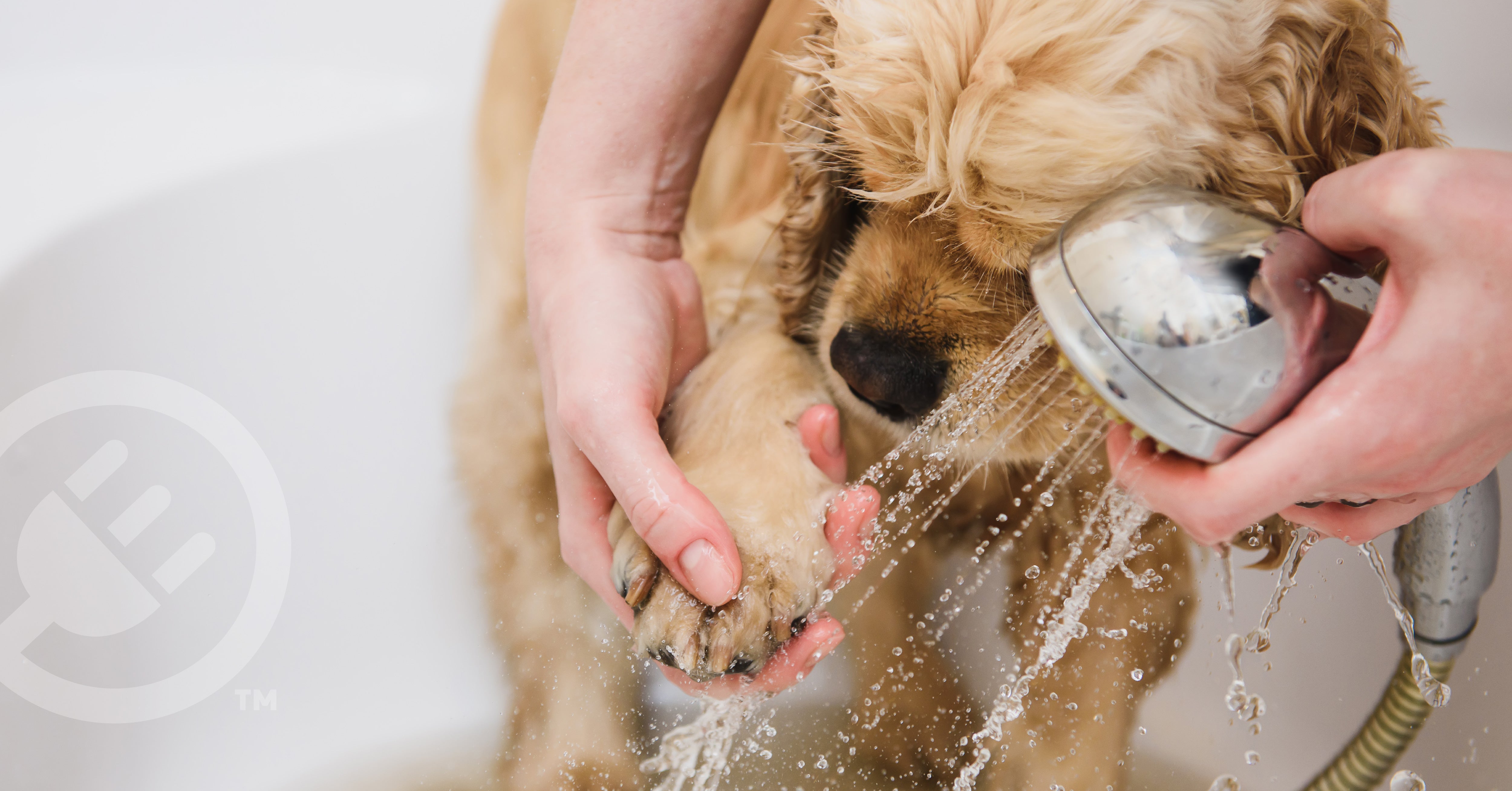
Integrated Space/Water Heaters
Combination space/water heaters, also known as integrated systems, allow for advances in a heat pump, furnace, and boiler technology to be used to efficiently heat water and provide space heating. Combination space/water heaters are more practical and economical in most new installations. Many combination space/water heaters offer faster water temperature recovery rates than standard water heaters. They can also take up less space in basements, closets, and crawl spaces.
As technology advances in beneficial electrification and increasing energy efficiency options are introduced, new water heaters for any home are a worthy investment for anyone looking to reduce both carbon emissions and utility bills.
Your local electric cooperative or public power district is a good resource to understand more about this technology, and can potentially help answer questions on contractors, financing, and incentives for this energy-efficient option. Contact your coop or public power district for more details.
Electrify and Save™
--
About Tri-State
Tri-State is a power supply cooperative, operating on a not-for-profit basis, serving electric distribution cooperatives and public power district member-owners in four states. Together with our members, we deliver reliable, affordable and responsible power to more than a million electricity consumers across nearly 200,000 square miles of the West. Visit www.tristate.coop.
Blog Posts
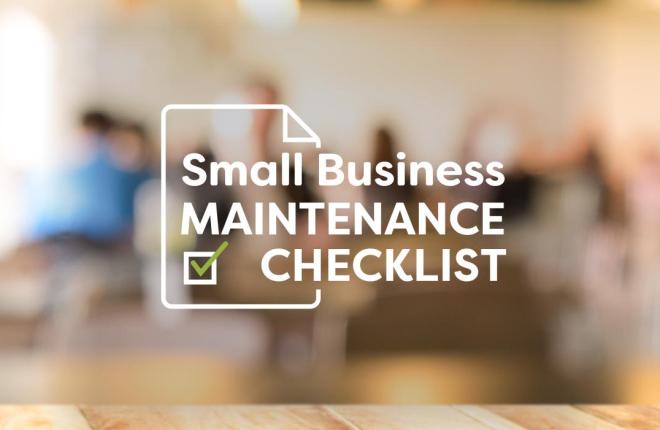
Energy Saving Maintenance Checklist for Small Businesses
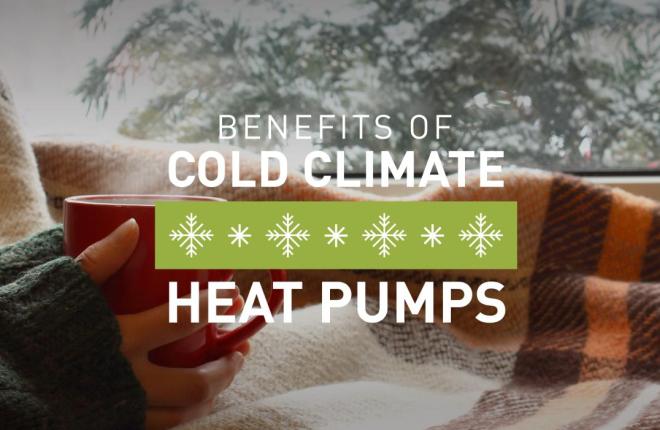
The Benefits of Heat Pumps in Cold Climates
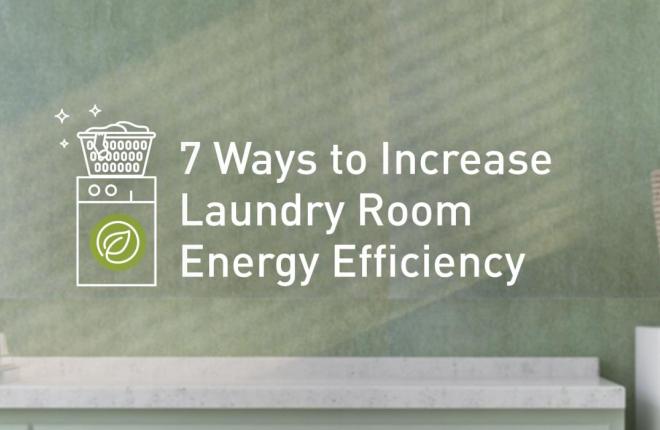
How to Create an Energy-Efficient Laundry Room
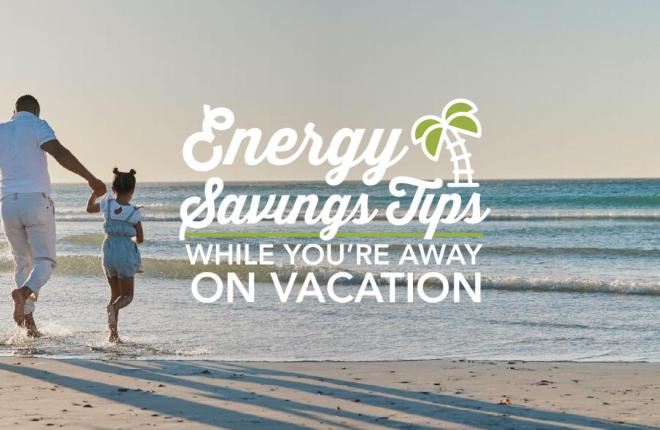
Energy Saving Tips While You're Away on Vacation
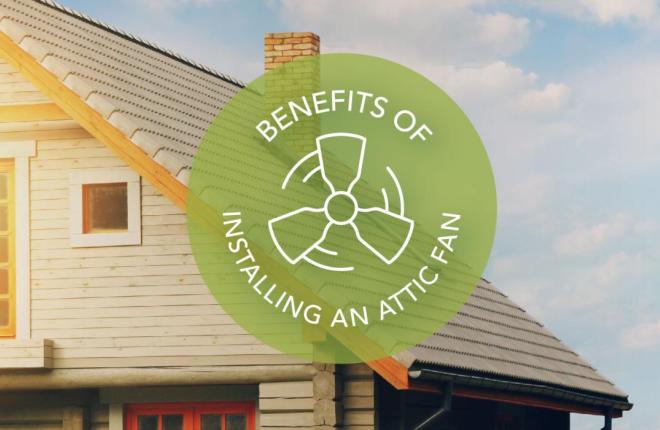
Benefits of Installing an Attic Fan for Summer
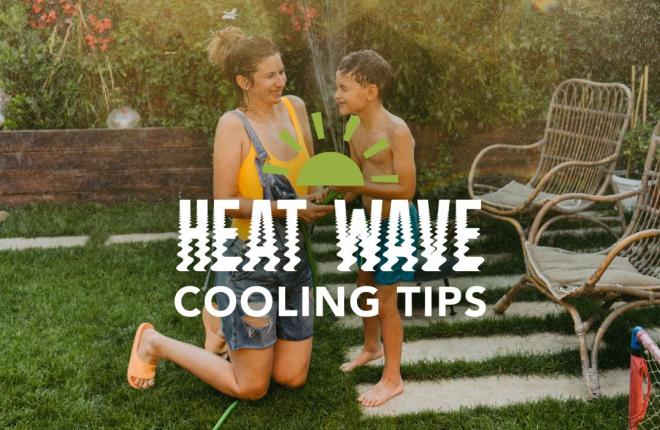
How to Prepare Your Home for a Summer Heat Wave
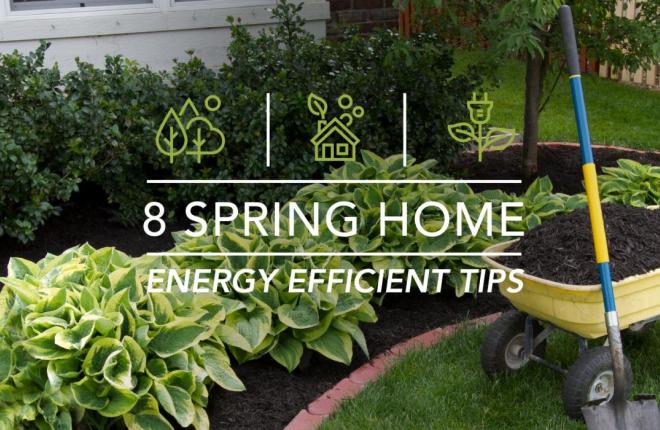
8 Home Energy Efficient Tips for Spring
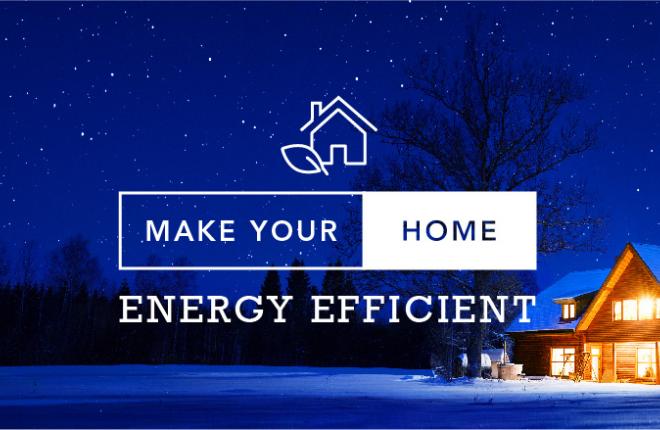
11 Tips for a More Energy Efficient Home
